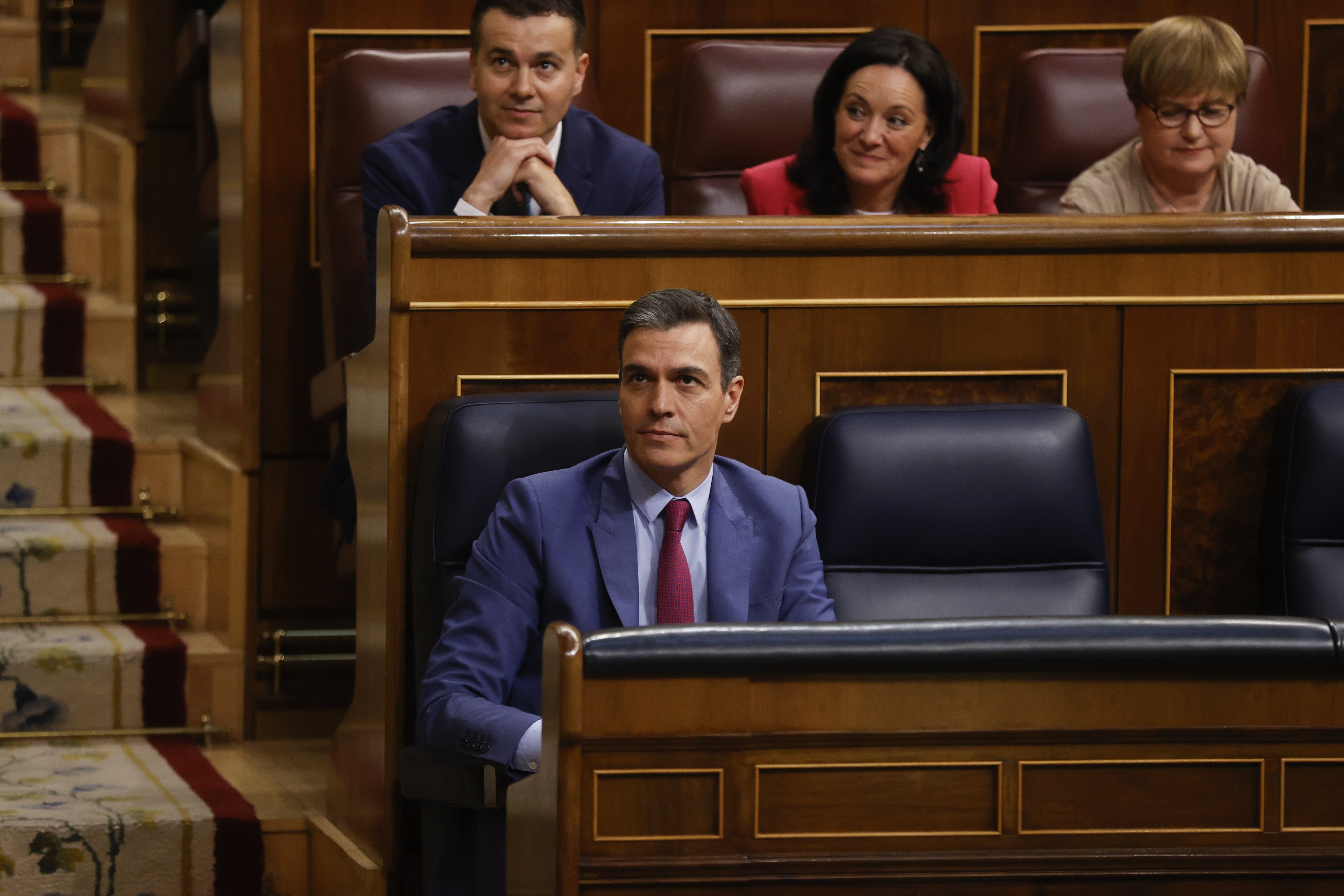Today's big test for the Pedro Sánchez government - the Spanish anti-crisis decree, containing urgent economic measures - was passed by just four votes, after the executive managed to find the numbers while the parliamentary session was underway. Even so, upon leaving the Congress of Deputies, the Socialist leader said he was "very satisfied with the result". A Spanish prime minister who underlined that the only measures being voted on today were intended to deal with the consequences of the war in Ukraine - being aimed at lowering fuel prices or giving direct aid to drivers, and not other issues, such as the CatalanGate espionage scandal which was the focus of the session. He also reproached the parties that voted against it, from the opposition PP to the three main Catalan pro-independence parties, for engaging in "unhealthy politics." Sánchez had cancelled his planned agenda for today and tomorrow, which was to include trips to Moldova and Poland, to be present at the Spanish Parliament.
In statements to the media, the prime minister defended that "this is very positive and frankly reassuring news for all citizens". In this regard, Sánchez claimed that "the general interest has prevailed over the politicking of some." And he rubbed it in: "I would like to make a call for healthy politics, which is to think about the common good, in the face of unhealthy politics, which gambles everything on 'the worse things get, the better' and turns its back to the people on the street."
The decree passed today included measures to deal with the rise in prices - with inflation in Spain now running at 8.4% - and in particular, the measure gives parliamentary backing for the reduction by at least twenty cents per litre in petrol prices for all vehicle users, and direct aid to various sectors, such as the transport sector, and farmers. Until a few days ago, it seemed that it would be passed easily, because, despite some nuances, the majority of the coalition's parliamentary allies, including ERC, saw the measures with good eyes. Until the scandal over massive espionage against the independence movement broke out without an adequate response from the Spanish government.
This was reflected in the final voting figures: 176 votes in favour, 172 against and one abstention. In favour, 120 from the PSOE, 33 from Unidas Podemos, six from the PNV, five from EH Bildu, two from Más País, one from Compromis, one from the BNG, one from Nueva Canarias, one from Teruel Existe, one from the PRC and the deputy Meri Pita, split from Podemos. The MP for the Coalición Canaria abstained. The rest, from the PP to pro-independence parties ERC, Junts and the CUP, voted against.
Closing of ranks with Robles
The words uttered on Wednesday by the Spanish defence minister, Margarita Robles, justifying the espionage against the independence movement was the last straw for the three main independence parties. Catalan president Pere Aragonès went as far as to demand her resignation, and the members of the Spanish government's junior partner, Unidas Podemos, were also severely critical of her. Asked today if he supported his defence minister, Pedro Sánchez was very explicit: "Of course."

